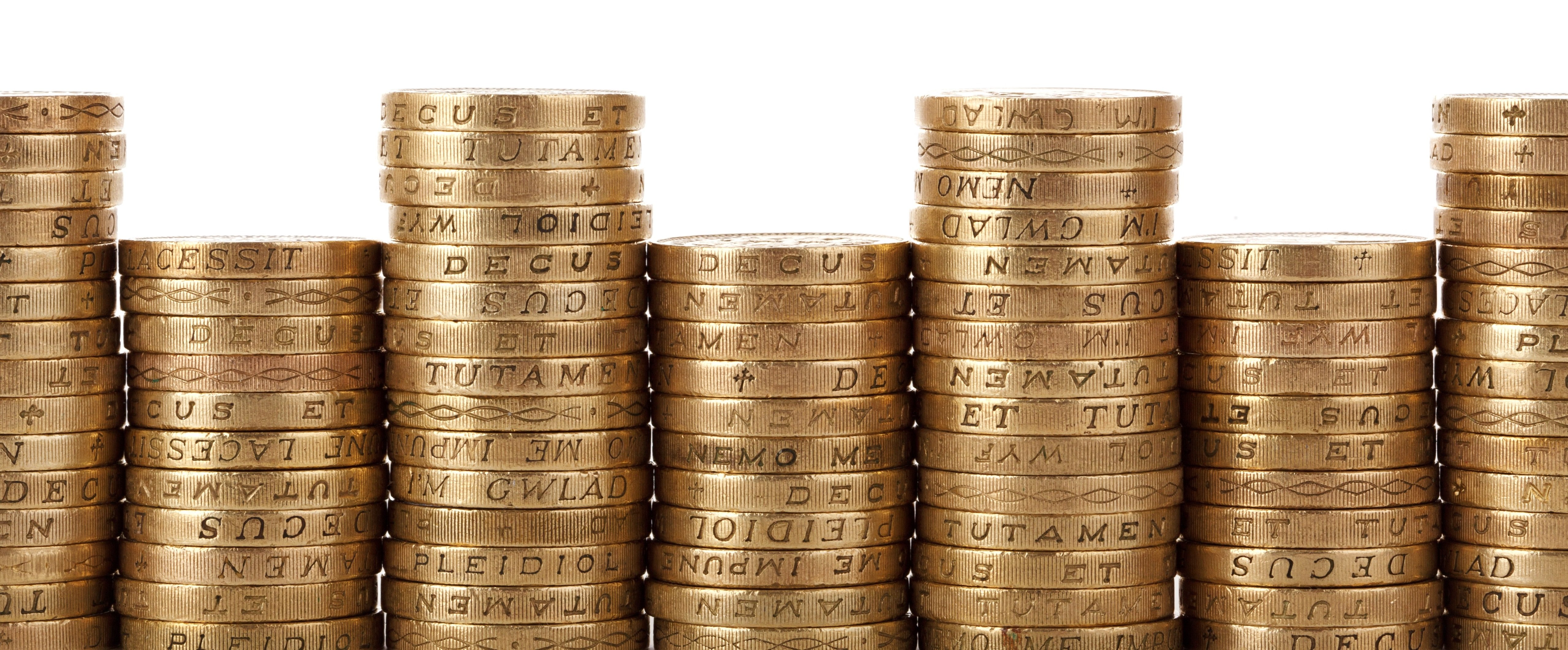The Insolvency Act defines a company as insolvent if the company fails to pay its debts as they fall due, or if the company’s liabilities on the balance sheet exceed its total assets. If your company is facing financial difficulty and is looking at the early signs of insolvency, it’s understandable that you will be thinking about both the business and personal consequences - and one of the most common concerns is the impact of insolvency on your credit rating report.
Business and personal credit reports
As a business owner or director, you have separate credit reports - one as a consumer and another as a company. The information in your business credit rating report doesn’t generally affect your personal credit rating because the finances are kept separate. However, in the case of sole traders, lenders may use software to integrate personal and business credit scores when making lending decisions.
For limited companies, the information regarding your business credit file is obtained through a number of sources including Companies House and the Registry Trust. The file is designed to provide an overall picture of your company’s finances and practices, with your business credit score representing your company’s creditworthiness. This means a strong business credit score can increase your chances of securing a business loan or good rates on insurance policies, among other things.
Business credit scores explained
Whilst the factors determining business and personal credit scores are similar, the scores themselves are very different. Personal credit scores range from 350 to 8000, whilst the business credit bureaus Dun & Bradstreet, Experian, and Equifax use different scores for company credit scores which typically range from 0-100. Your score will reflect your business’s financial position and its level of risk.
What if my business fails?
As a director, you are bound by certain responsibilities and must always act for the good of the company. As long as you have acted properly and in accordance with the Companies Act 2006 and the Insolvency Act 1986, directors of limited companies will have limited liability of falling foul of company debts if the business fails. However, if you do not act properly, you may face director’s liabilities - and if you continue to take credit knowing that the business cannot make repayments, you will be at risk of personal liability for the company debts.

Company Voluntary Arrangement and the impact on your company credit score
If your company enters into a Company Voluntary Arrangement, you will be required to make some changes. For starters, you will be required to pay back any director’s loan accounts. You are also not allowed to give yourself above-inflation pay rises and you might be asked to put money back into the business if it has been taken out.
However, whilst this might impact your finances, it won’t affect your personal credit rating report. Unfortunately, though, the same cannot be said for your company’s credit rating. If you have entered into a CVA, your company’s credit rating will be regarded as zero, or no rating, representing a high risk. This can be really frustrating because the company is technically now in a better place than it was before the CVA - however, the argument is that if the business is in an insolvency procedure, it is high risk but the risk is impossible to assess - hence the ‘no rating’.
What can be done about a zero rating?
There is a way to mitigate a zero rating, by doing what is known as a ‘hive’. This is where a business is hived off to another company and a new company is used to pay the dividends to the supervisor of the CVA. This new company is also able to tender for new contracts with a new company credit rating - which is better than a CVA credit rating.
A new company credit rating will often be low - most likely 40-50 out of 100 - but this is better than a zero rating. However, this is a very complicated process, so you should always enlist the help of an insolvency practitioner as soon as possible to ensure you explore all the options available to you.
What about sole traders and partnerships?
Whilst directors of limited companies are generally protected from becoming personally liable for company debts, the same cannot often be said for sole traders or members of a partnership. Sole traders and partnerships are personally responsible for debts - and as a result, personal assets such as your home could be at risk.
Essentially, because the business is not a separate legal entity, any financial issues will be placed against your personal credit report, which can have a significant impact on future business ventures or when seeking personal credit. As a sole trader, you are also more at risk of a bankruptcy petition, and personal bankruptcy is a serious black mark on your credit rating.
Do you need advice on your credit rating?
When it comes to business insolvency, it’s really important to seek expert advice from insolvency practitioners as early as possible. The longer you ignore any financial difficulties, the worse things will become. At McAlister & Co, we are licensed insolvency practitioners who provide advice on business insolvency to directors, sole traders and partnerships
From obtaining a valuation of your business assets and dealing with your creditors to protecting your home and personal assets, our dedicated team will help take the stress out of this complicated time. There’s no need to face financial difficulty alone - contact McAlister & Co now for FREE initial advice.

